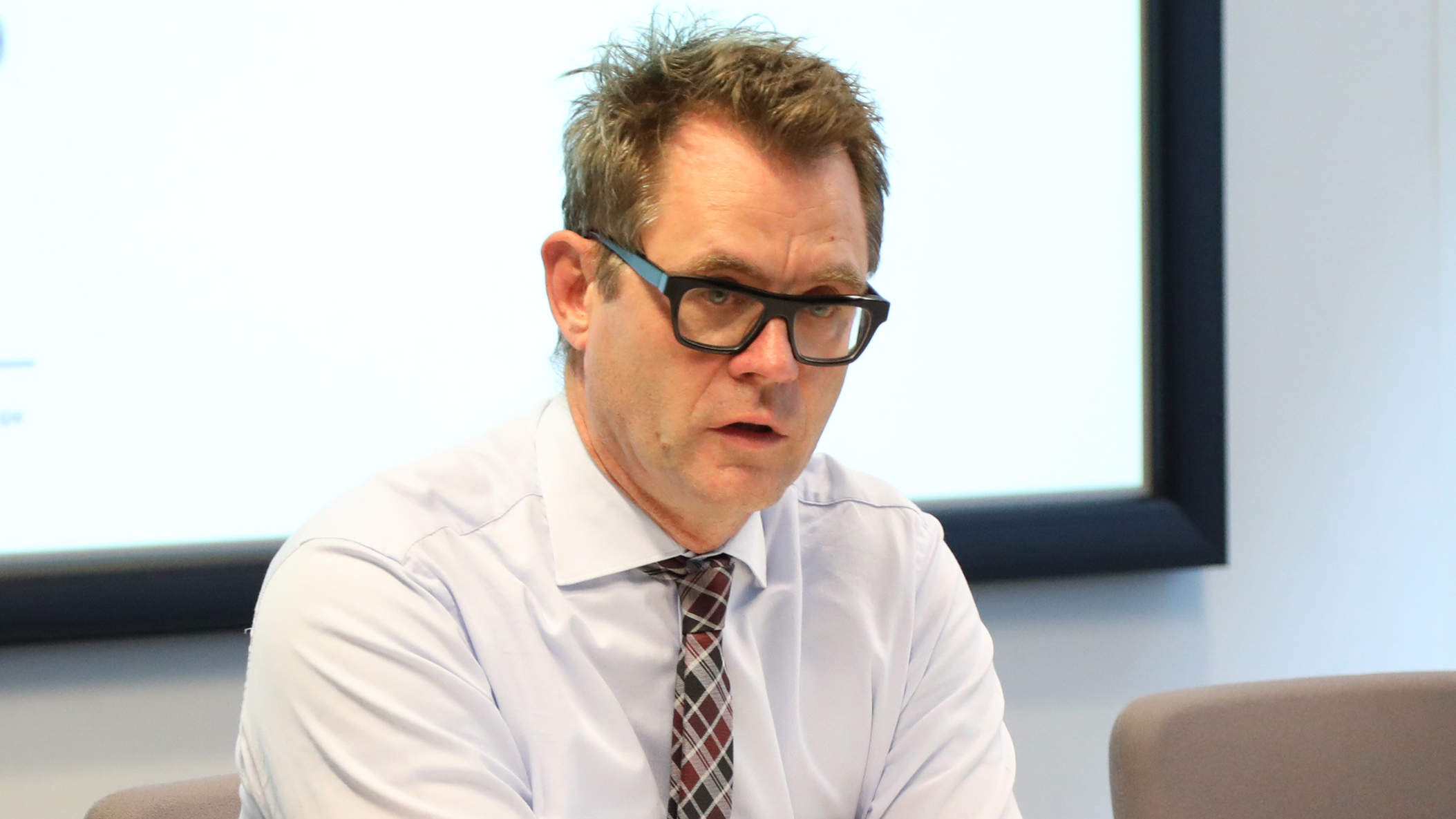Making the right to education real in times of crisis

The right to education is a fundamental right enshrined in the European Convention for Human Rights. It must and will be fully respected, protected and fulfilled also in these times of crisis. As noted in Recommendation CM/Rec(2012)13 of the Committee of Ministers to member States on ensuring quality education, while access to education is in itself important, the true value of this right can only be realized if education is equitable, inclusive and of adequate quality.
The Council of Europe stands by our member States to guarantee the fundamental right to education in these critical times. Focusing on the standards and solutions that already exist, a few of which are outlined below, we will also be putting forward new ideas and identifying new areas in need of policies or guidelines.
In times of crisis, it becomes even more evident that citizens need to be able and willing to engage actively in defence of democracy and human rights. Our flagship project, the Reference Framework of Competences for a Democratic Culture, gains new impetus. The RFCDC remains a key resource to support policy makers, experts and teachers develop learners’ competences for life in democratic societies. Civic mindedness, autonomous learning skills, analytical and critical thinking and tolerance of ambiguity are some of the competences in this model that could help learners adapt to the current crisis in a positive and constructive manner, avoiding the pitfalls of social fragmentation and extremism.
With information technologies being used on a scale never seen before, it becomes ever more important to reinforce the competences for democratic culture in the digital environment. Online and social media can expose people to abuse, crime, and misinformation, and young people are particularly at risk. Guided by Recommendation CM/Rec(2019)10 of the Committee of Ministers on developing and promoting digital citizenship education, we have developed a series of resources and guidance to educators, parents and learners to help them stay safe online, adopt responsible civic behaviour, combat on-line hate speech, discrimination and bullying.
The ability to get one’s qualifications recognised is vital for the economic and social well-being of many of our fellow citizens, and it is important that member States ensure the continuity of the right to fair recognition under the Lisbon Recognition Convention.
Quality language education remains a key tool to guarantee intercultural dialogue, linguistic and cultural diversity and social cohesion. Our European Centre for Modern Languages proposes a wealth of guidance and resources to education authorities, teachers and learners to enable the continuity of language education.
The right to education is real and undiminished also in times of emergency, even if the ways in which this right is ensured may require adaptation. We cannot allow our fundamental values to be left at the wayside, as we have seen with attempts to sidetrack democracy, including such essential values as academic freedom and institutional autonomy.
Making the right to education real in times of crisis. This is what this special web page of the Council of Europe’s Education Department dedicated to the education response to the CORONA-19 crisis attempts to do. I hope you will enjoy it and be inspired by it – and also by the regular updates that will follow.
Matjaž Gruden
Director of Democratic Participation, Council of Europe


